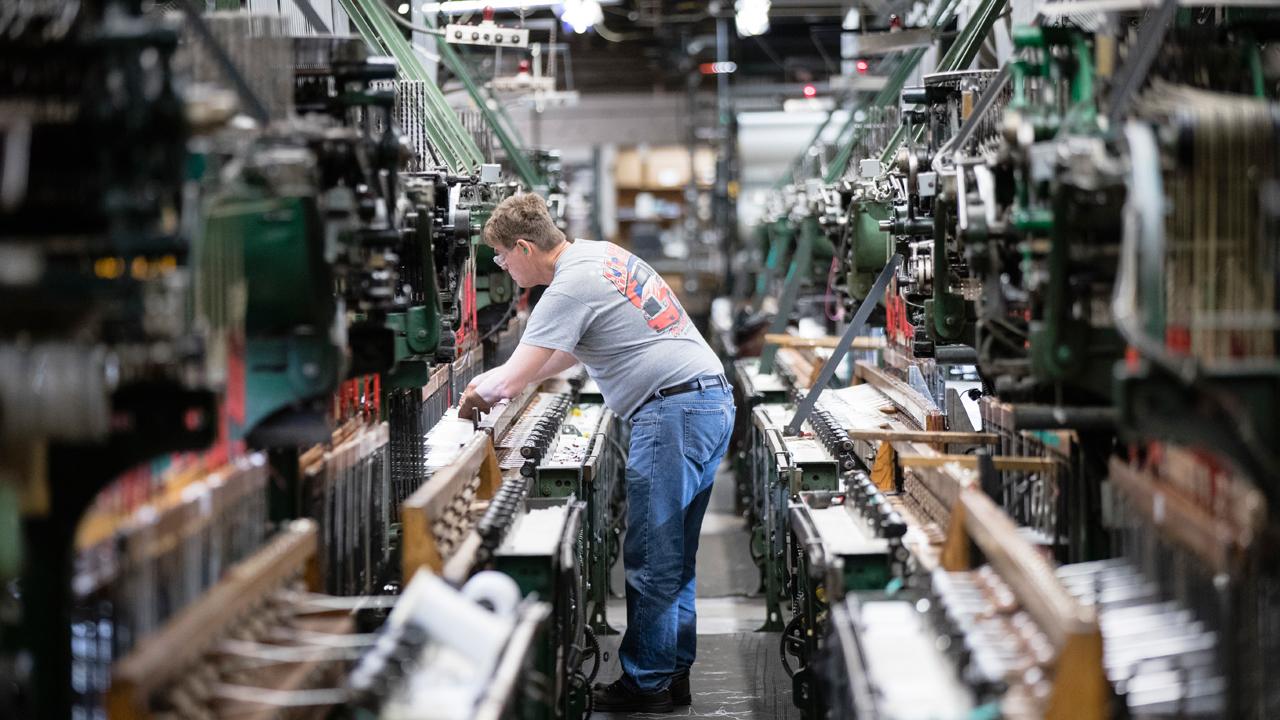Manufacturers optimistic ahead of Trump's first State of the Union
One of President Donald Trump’s campaign promises was to revive U.S. manufacturing, and in the run-up to his first State of the Union address the industry is optimistic.
“I think [2017] was generally a positive year for manufacturing, [and] I think 2018 could be even better,” Scott Paul, president of the Alliance for American Manufacturing, told FOX Business.
Under Trump, manufacturing jobs jumped by 196,000 in 2017 from the prior year, when the sector saw a loss of 16,000 jobs. The increase in 2017 is biggest since 2014.
Manufacturing was boosted by a growing global economy, Paul said. In addition, a drop in the dollar, the first in about five years, helped make U.S. exports more competitive.
Manufacturers are hopeful that the tax overhaul will allow them to expand plants, invest in new equipment and hire more workers, Paul said. Optimism among industry executives reached an all-time high in the fourth quarter as progress was made on the tax legislation, according to a survey from The National Association of Manufacturers.
In addition to a potential bump from the tax bill, a pending $1 trillion infrastructure plan promises to buoy U.S. manufacturing. Paul said that the initiative will provide a direct jobs boost and that transportation improvements will allow companies within the industry to become more efficient.
The administration has also encouraged the implementation of training programs to help companies find qualified applicants. In the construction sector, for example, jobs offering six-figure salaries are going unfilled, as previously reported by FOX Business. The president said last year he wants to create 5 million new apprenticeships over the coming half-decade.
There is one area that Paul saw as a “blemish” in 2017, and that was trade. While the president has popularly railed against U.S. trade deficits, particularly with countries like China, the U.S. deficit widened in 2017. With China alone, the deficit had grown to nearly $342 billion as of November 2017.
“The administration’s actions in 2017 on trade were mostly rhetorical,” Paul said. “A lot of ‘we’re going to do this, we’re going to do that.’ Hopefully, 2018 is the year action occurs.”
Between the infrastructure overhaul, trade negotiations and the tax bill, Paul said 2017 was the year of promises. He’s hopeful 2018 will be the year those promises are delivered on.




















